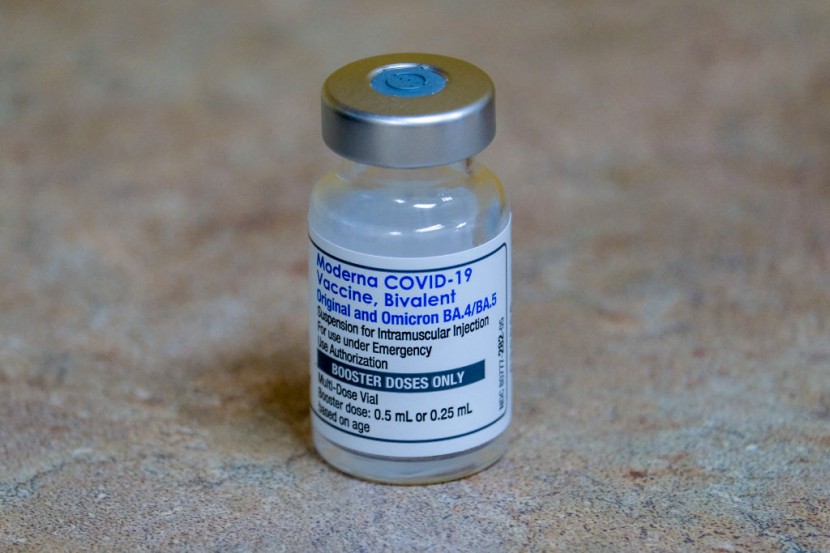
A new study found that getting the COVID-19 vaccine reduces a person's risk of developing heart attack, stroke, and other cardiovascular issues compared to non-vaccinated individuals following a coronavirus infection.
The study was published on Monday in the Journal of the American College of Cardiology and marked the first to examine full and partial vaccination. It is also the first to link a person's vaccination to major adverse cardiac events (MACE) in the United States.
COVID-19 Vaccination and Cardiovascular Events
The research was conducted by a team from the Icahn School of Medicine at Mount Sinai, who used the US National COVID Cohort Collaborative database. The researchers included 1,934,294 patients in the study, 217,843 vaccinated by either Pfizer-BioNTech, Moderna, or Johnson & Johnson vaccines.
In a statement, Girish N. Nadkarni, a professor of medicine at the Icahn School of Medicine at Mount Sinai and the senior author of the study, said that they wanted to determine the impact of prior vaccination on the risk of cardiovascular events among people who have been infected by the coronavirus, as per CGTN.
He noted that they found an association between COVID-19 vaccination and a lower risk of adverse cardiovascular events. However, Nadkarni said that the team could not attribute causality and only noted that it is supported evidence that vaccination has beneficial effects on various post-COVID-19 complications.
The team adjusted their study for demographics, comorbidities, and time since the beginning of the COVID-19 pandemic. They found that vaccination was linked to a reduced risk of developing major cardiac events by roughly 41%, while partial vaccination reduced such cases by about 24%.
They also found that for people who suffered a major cardiac event, the median time of such a case was 17 days after the start of an infection and 212 days after the last dose of a vaccine. Researchers discovered that, generally, the ones with the highest risk of cardiac events following infection were male, older, and had other underlying conditions.
Read Also : China's Take on COVID-19 Origin
Risk Factors
The factor that increased the risk of cardiac events was prior instances that a person has suffered, with the team noting that diabetes, liver disease, obesity, and high cholesterol were significant risk factors, according to ARS Technica.
Despite the findings, the study was limited in not accounting for reinfections or potential differences from various COVID-19 strains. But the team's results back up those from other reports, including a similar one done using a Korean medical database.
Furthermore, the recent study adds new data to the pool by including people who have been partially vaccinated, who are defined as receiving only one dose of a two-dose mRNA vaccine series at the time of their infection or were still within the 14-day timeframe following a J&J shot.
Nadkarni said they were surprised to find that even partial vaccination had relatively beneficial effects in reducing the chances of adverse cardiovascular events. However, further work is needed to elucidate the mechanisms that are involved from an immunological perspective, said News Medical.
Related Article: WHO Rushes To Test Marburg Vaccines
© 2025 HNGN, All rights reserved. Do not reproduce without permission.








